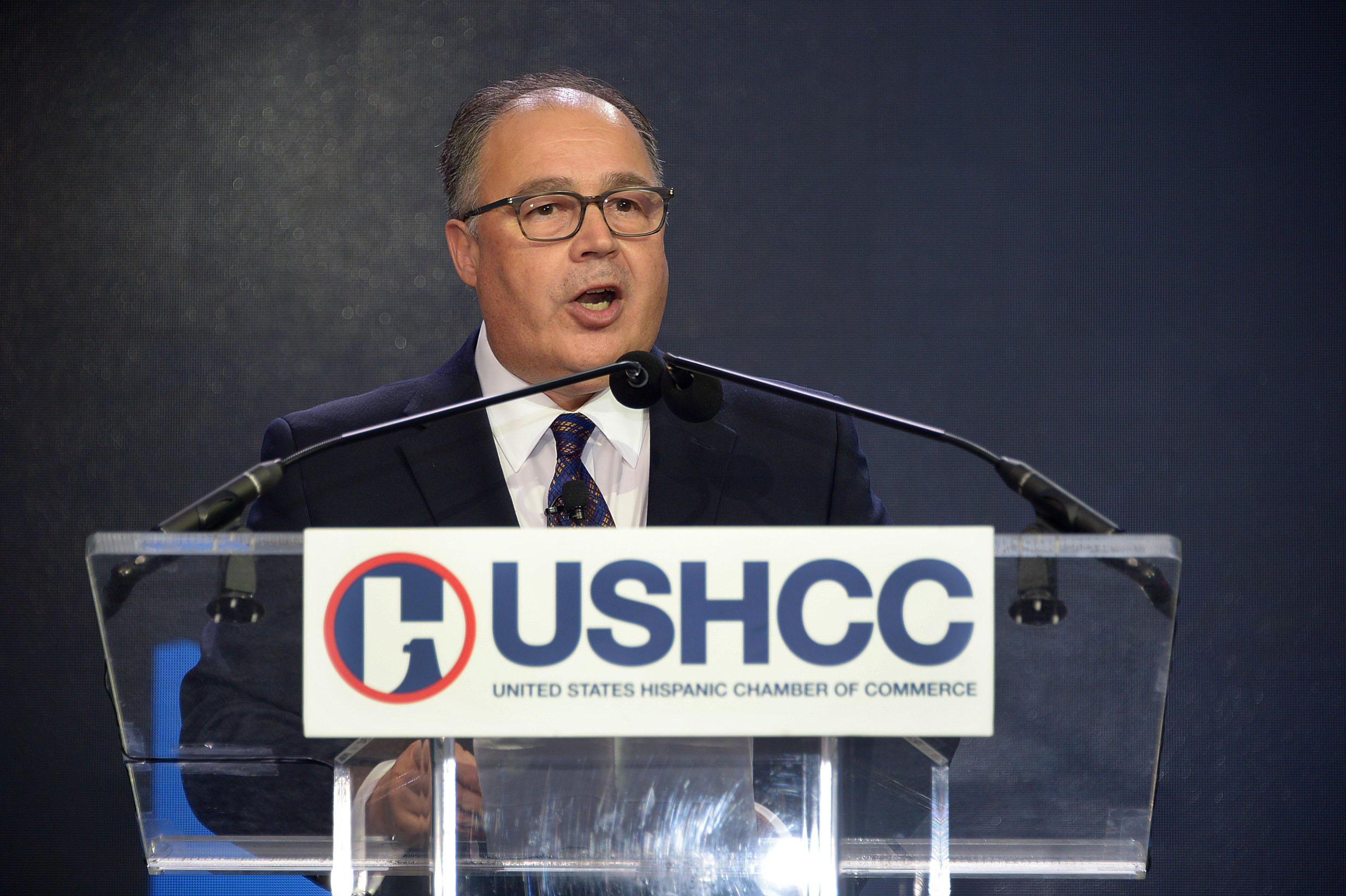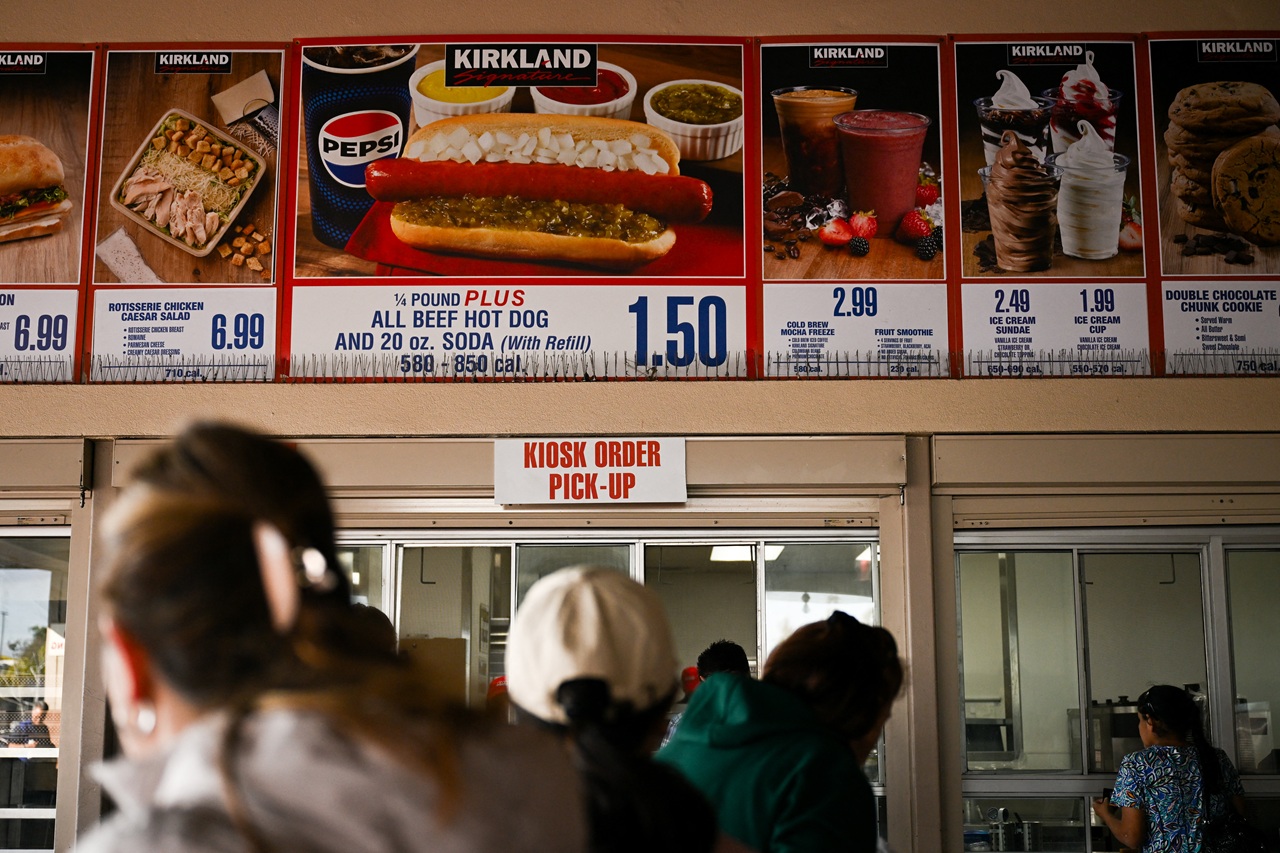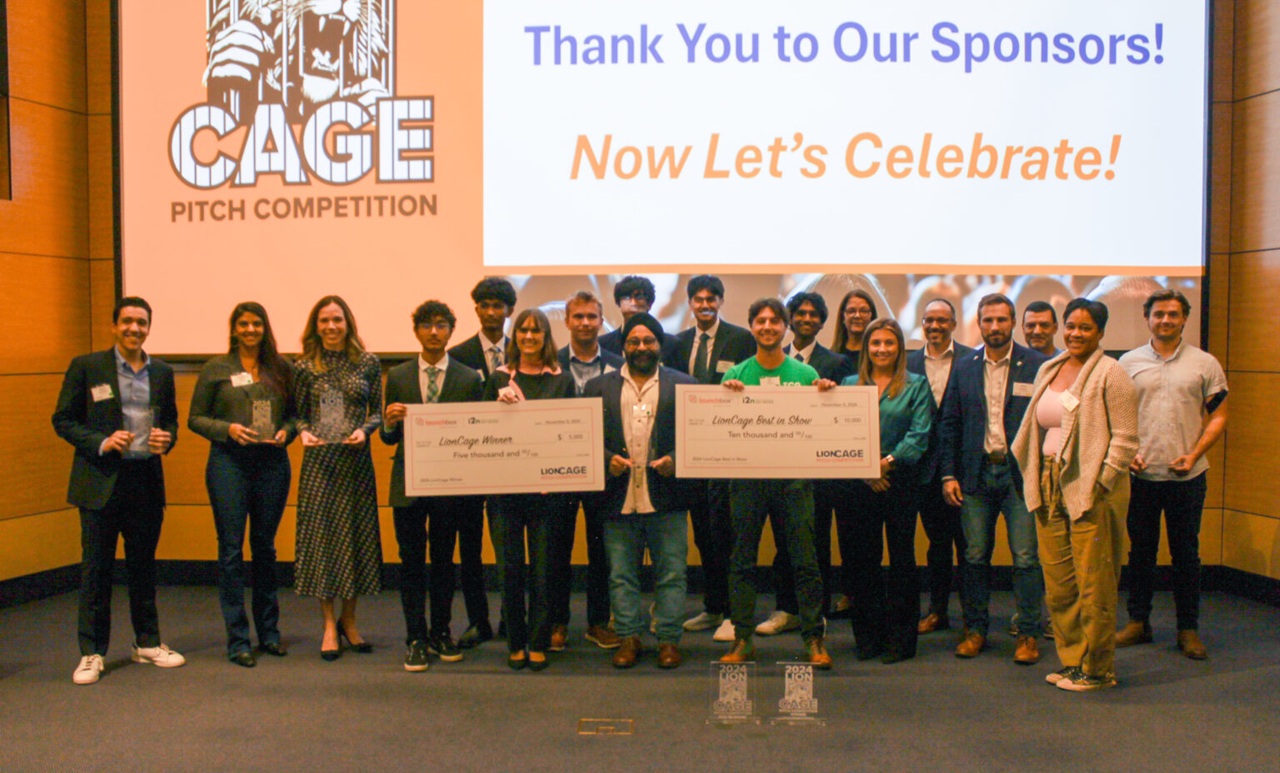
As the Supreme Court rules against affirmative action, the USHCC speaks out on its repercussions for Hispanic businesses
Last week, the U.S. Supreme Court ruled struck down affirmative action programs at two universities — the University of North Carolina and Harvard.
In doing so, it effectively ended a decades-long ordeal of the consideration of race in the college and university admissions process.
Conservatives and liberals fall, as expected, on opposite sides of the spectrum. While many prominent conservatives are in favor of the ruling, stating that colleges shouldn’t see race as a determining factor in its admissions process, many Liberals see the ruling as a blow to remedying historic racial discrimination in higher education.
However, the ruling will surely have a trickle-down effect beyond the higher education system.
United States Hispanic Chamber of Commerce President and CEO Ramiro Cavazos issued a statement highlighting the importance of affirmative action for employment and the ramifications of the Supreme Court’s recent ruling.
“This decision undermines the progress made in leveling the playing field for underrepresented communities, including the Hispanic business community. Affirmative action has been instrumental in creating access to higher education and employment opportunities for talented Hispanic individuals who have historically faced barriers and systemic discrimination,” said Cavazos in the statement.
“By eliminating these affirmative action policies, we risk perpetuating the cycle of inequality and limiting the advancement of the Hispanic community,” he continued.
Cavazos also highlighted the crucial role affirmative action programs have played in ensuring fair access to financial resources.
“The Supreme Court’s decision will impede access to capital, constraining the growth potential of Hispanic businesses and hindering economic progress within our community, therefore threatening the opportunity of generational wealth,” Cavazos added.
CONTENIDO RELACIONADO
Raul Salinas, USHCC General Counsel, shared a similar sentiment.
“No doubt affirmative action policies have created educational opportunities which in turn have positively impacted the workplace environment leading to stronger diversity and inclusionary practices in corporate America,” he said.
As the aftermath of the Supreme Court ruling continues to play out, the USHCC reiterates its commitment toward advocating for policies that promote diversity, equal opportunity, and the advancement of the Hispanic community.
“We urge lawmakers and businesses to recognize the importance of affirmative action and work towards creating inclusive environments that foster the success of all communities. Together, we can build a stronger, more equitable future for everyone,” Cavazos concluded.
Affirmative action was first introduced in the U.S. in 1961 by President John F. Kennedy, who established the concept by mandating that federally-funded projects ensure that hiring and employment practices were free of racial bias.
Since then, a number of executive orders and legislation had been passed to expand affirmative action programs.










DEJE UN COMENTARIO: